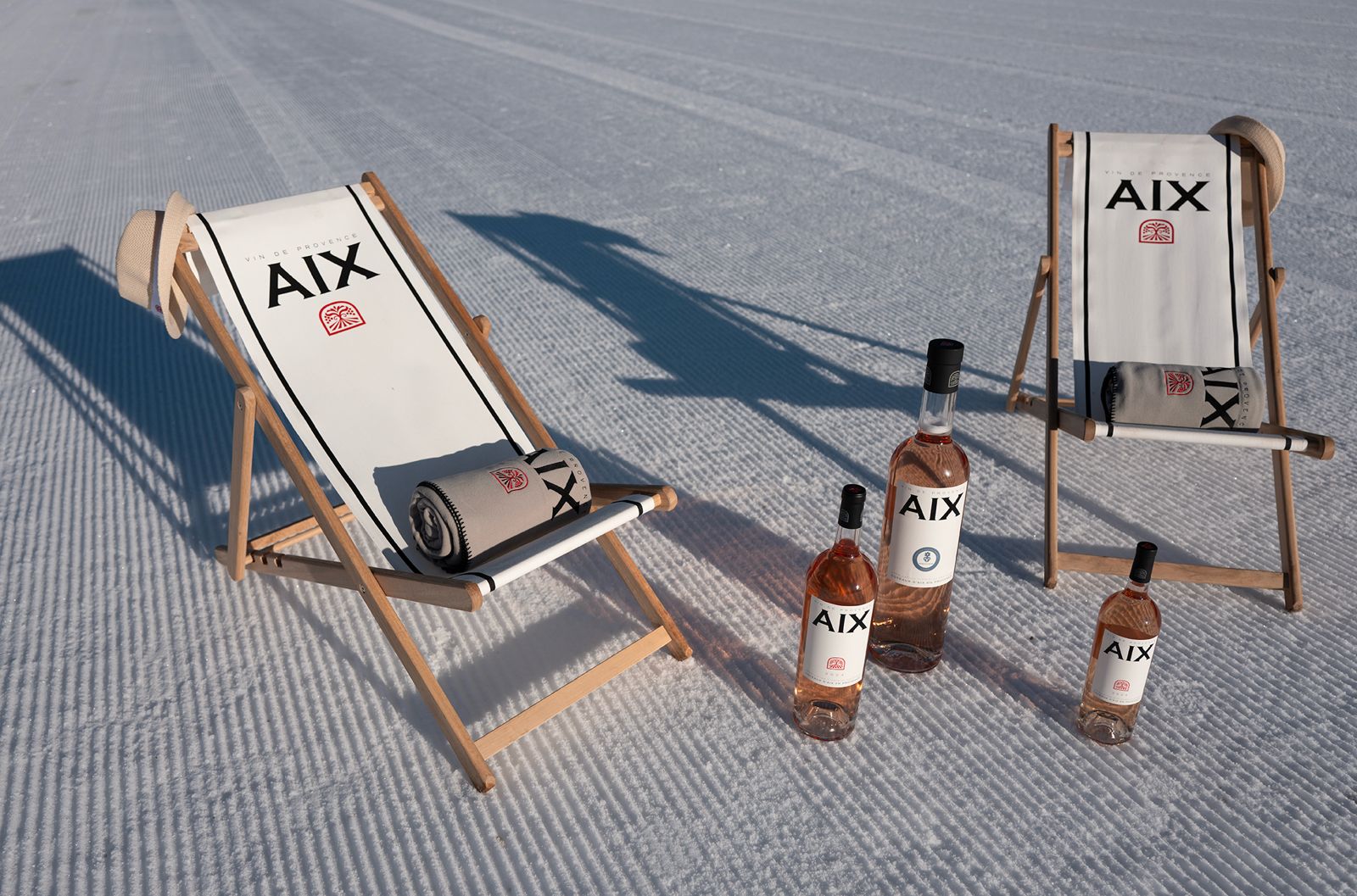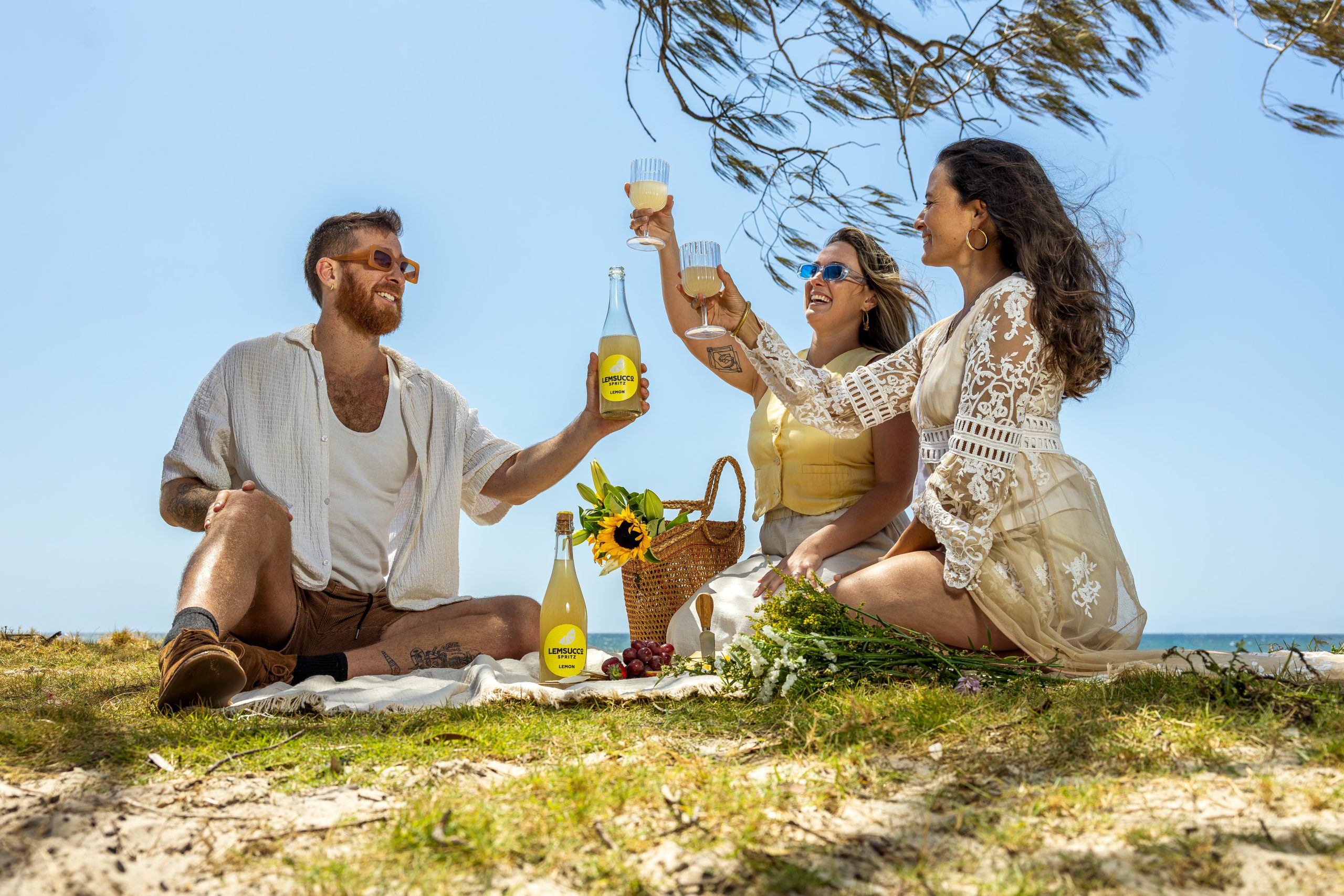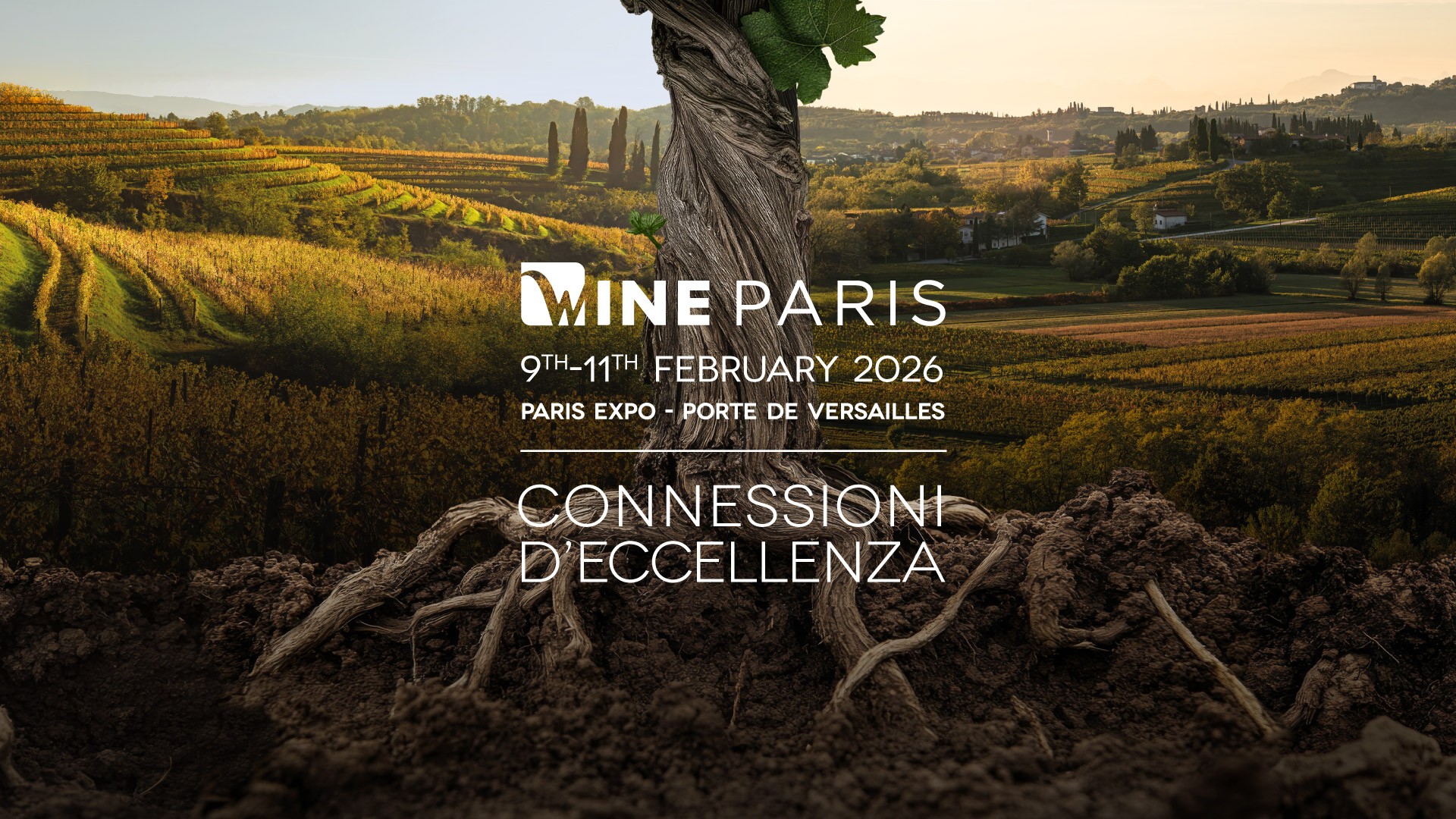APCOR leader declares ‘historic moment for cork’
Citing growth in shipments of cork closures, consumer preferences for the material, industry guarantees of TCA-free products and experiments for reduced cycles of cork harvesting, APCOR head João Rui Ferreira declared in an interview in Porto last week that, “We are living in a historic moment for cork. We have a new confidence, and we see a changing perception of the cork industry.”
“Seven out of 10 bottles of wines worldwide now have cork closures,” Ferreira continued, “and we have been achieving a 4.5% annual rate of growth in value for the past two years.” Of the approximately 18.5 billion bottles of wine being produced annually, 12 billion have cork closures, the association says. The number includes single-punched natural corks, ground cork, such as that used in Champagne and other sparkling wine stoppers, and cork discs.
Ferreira, who represents the WFS Cork group, says that growth is being drive by expenditures of about €500 million euros by the Portuguese association’s members to virtually eradicate TCA through measures taken in the cork forests, in cork storage and in cork production, where leading producers test each individual cork for TCA using advanced analytical equipment built into the production lines.
Additionally, experiments being done by cork companies and the country’s universities in test forests show promise that, using precise irrigation, the first harvest of cork trees may be reduced from the current 25 years to eight to nine years with no reduction in quality.
A typical cork tree can grow to be hundreds of years old and provide multiple harvests. It is legally forbidden to cut a cork tree – a particular type of oak – for any reason without government approval.
On the marketing side, Ferreira noted that studies made by the association show that wine consumers worldwide associate wines with cork closures as being of the highest quality, ranging from 83% holding that perception in France to 97% in the U.S.
Partner Content
The association also plans to emphasize in marketing campaigns the generally untold story that cork forests are also among the world’s most bio-diverse natural environments, supporting more than 37 species of mammals, 160 of birds and 24 of reptiles and amphibians. The forests are also estimated to retain 14 million tons of CO2 annually.
“Wine producers are very interested in sustainability, as are consumers,” Ferreira says, “and they are very interested in the sustainability of cork. Cork is completely natural, and we use every part of the cork harvested, plus cork can be recycled.”
Portugal has about a third of the world’s total cork forests, but produces about half of annual cork production for all purposes. Cork closures account for 72% of cork usage, with about 25% targeted building materials and furnishings.




